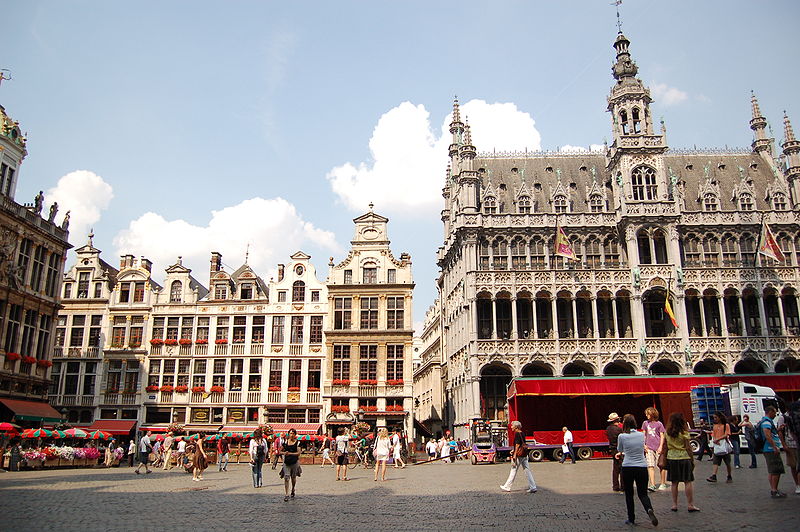
Brussels has reached a population milestone, with nearly 1.25 million residents as of early 2024. This growth persists despite declining birth rates and a steady outflow of residents to other
regions of Belgium. According to a new report from the Brussels Institute of Statistics and Analysis (BISA), international migration and the city’s relatively young demographic remain the driving forces behind this expansion.
The BISA report, published Wednesday, highlights that Brussels' population has consistently grown since 1996, primarily due to international migration. In 2023, 56,166 people relocated to Brussels from abroad, nearly matching pre-pandemic levels. Meanwhile, 34,723 residents emigrated internationally.
Currently, non-Belgian nationals account for 37.2% of Brussels’ population, or 464,629 people. This proportion is markedly higher than in Flanders (10.8%) and Wallonia (11%). The largest foreign communities include French nationals (70,800), Romanians (46,600), Italians (36,700), and Moroccans (33,200), the latter being the largest non-European group.
National migration trends were less favorable. Brussels experienced a net loss of 18,752 residents to other parts of Belgium in 2023. Specifically, 43,775 residents left for other regions, while only 25,023 moved into the capital. This pattern, observed since the pandemic, highlights a growing preference for living outside the city.
Although birth rates in Brussels have been declining for nine consecutive years, the city maintains positive natural population growth. In 2023, 13,987 births were recorded, marking a 25% decline since 2014. However, this was offset by 8,583 deaths, keeping the natural growth rate in the black.
Brussels also boasts a younger demographic compared to other Belgian regions. Twenty-two percent of its residents are under 18, compared to 20% in Flanders and Wallonia. Furthermore, only 13% of Brussels’ population is over 65, significantly lower than the 21% in Flanders and 20% in Wallonia.
Despite challenges such as declining birth rates and increasing national migration losses, Brussels remains a dynamic and internationally connected city. Its continued population growth underscores its role as a hub for migration and a melting pot of cultures, keeping the capital region vibrant and diverse.



































